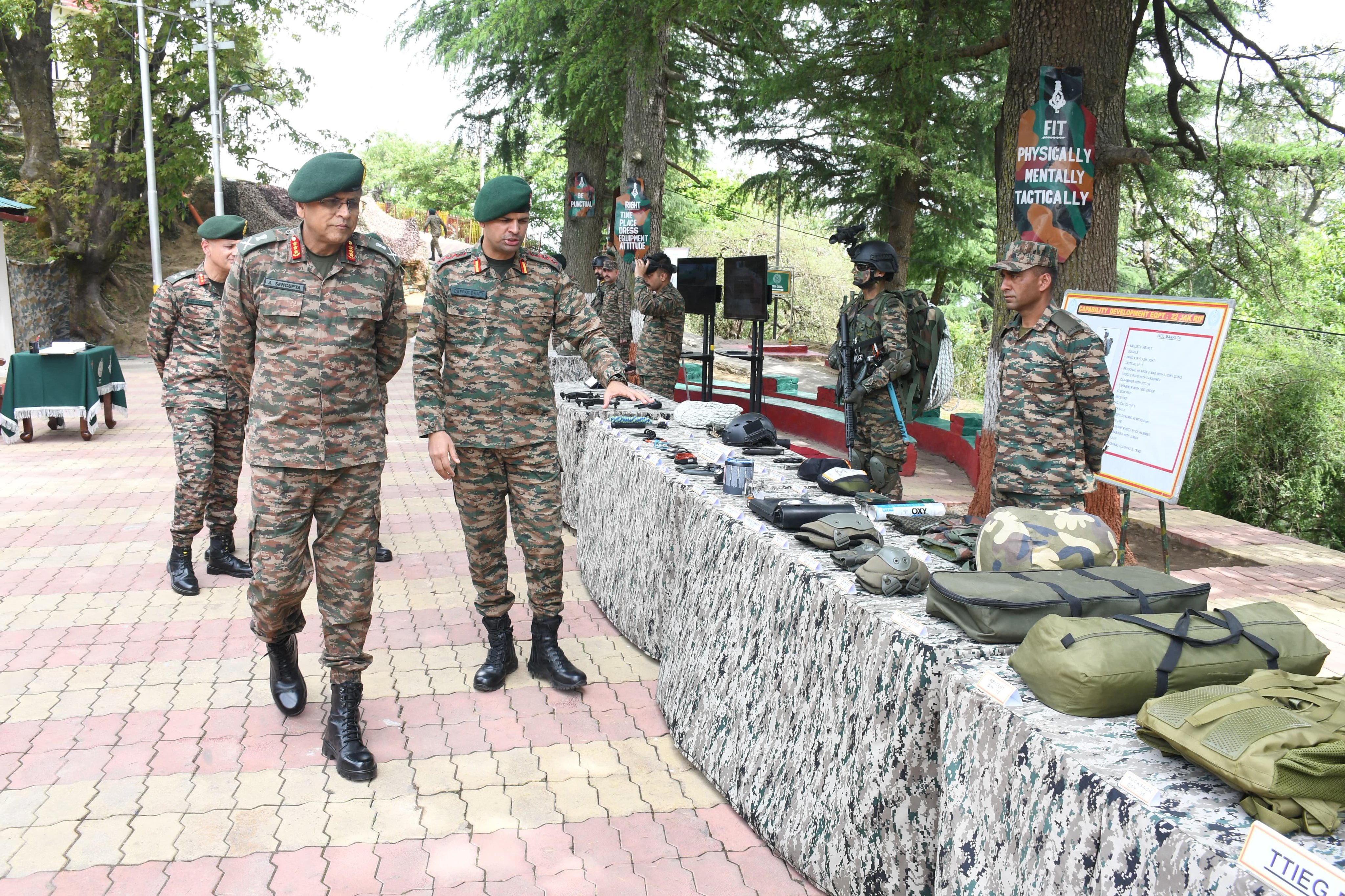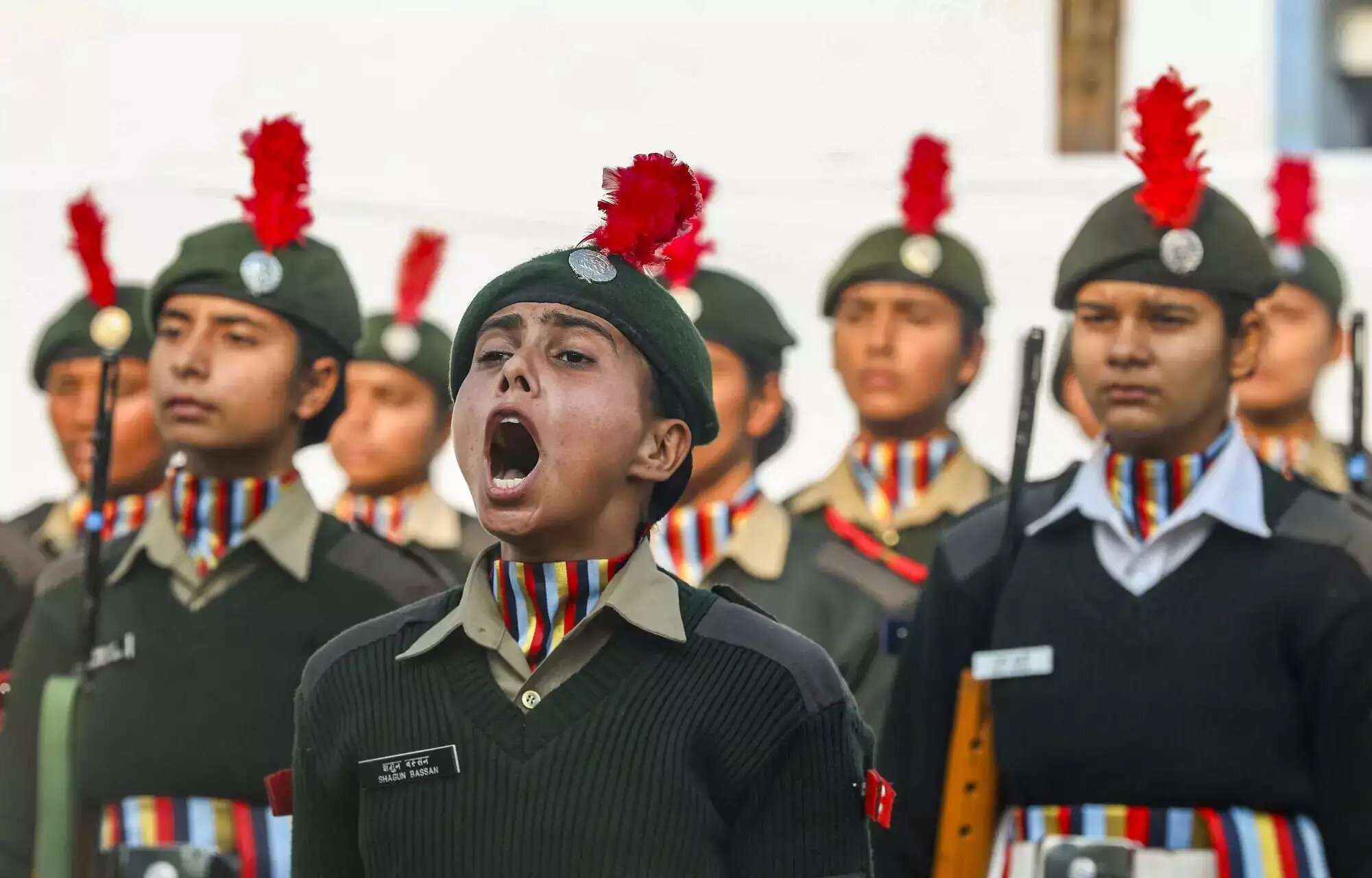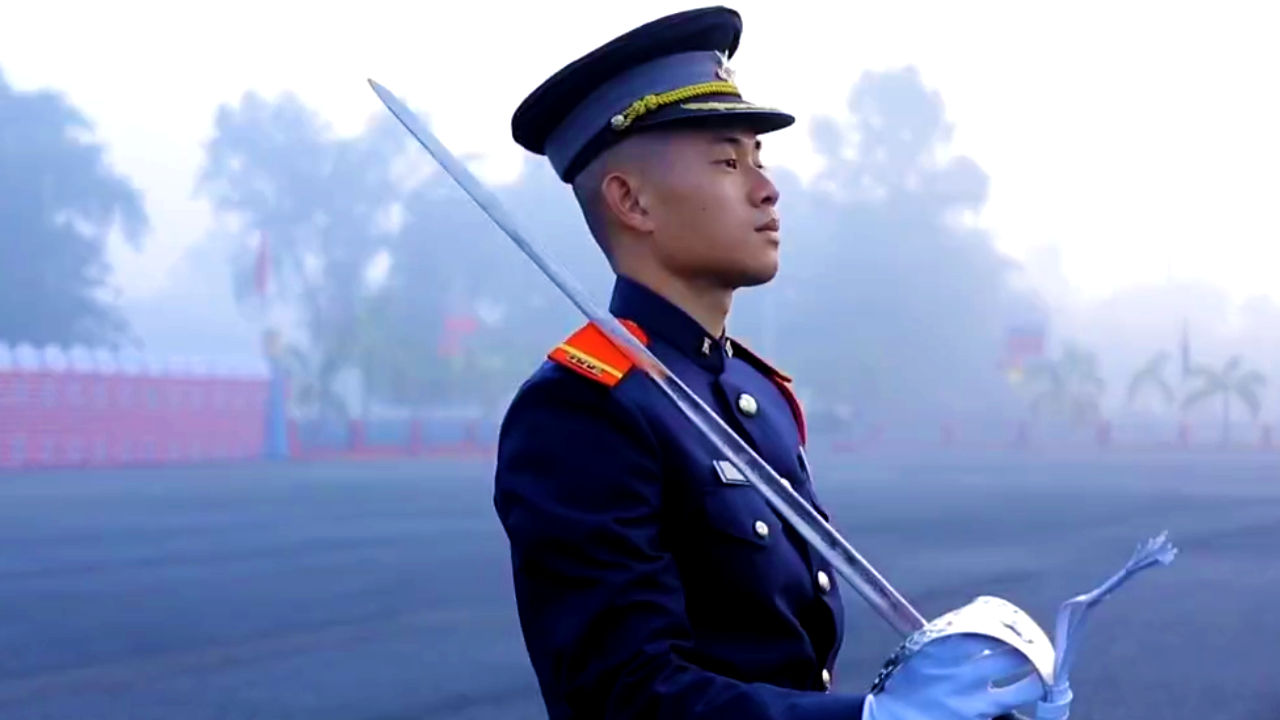An Indian Army Major and his fiancée made their appearance before a judicial commission on Thursday as part of an investigation into alleged custodial torture at the Bharatpur police station in Bhubaneswar. The proceedings saw the absence of the accused, suspended Inspector In-Charge (IIC) Dinakrushna Mishra, along with four other police personnel who were implicated in the case. Instead of appearing in person, their legal representatives attended the hearing on their behalf.
The judicial commission, chaired by Justice Chittaranjan Das, had previously mandated that all parties involved must present themselves on this day. The lawyers representing the youths alleged to have harassed the Major and his fiancée also participated in the proceedings, further contributing to the complexities of the case. A total of 16 individuals were summoned to the commission, with the expectation that they would either attend personally or be represented by their legal counsel.
In light of the serious allegations, the Odisha government initiated an inquiry through a judicial commission into the incidents of violence reportedly experienced by the Army Major and his fiancée while in police custody. The couple had approached the police station intending to report a separate incident of road rage, during which they claimed to have been harassed by a group of youths. However, instead of receiving the assistance they sought, they alleged that the police turned on them, subjecting them to physical and psychological torture. Disturbingly, the police also purportedly took the fiancée into custody, sending her to jail without proper justification, raising serious concerns about the conduct and integrity of the law enforcement involved.
The case has attracted significant public and media attention, highlighting issues related to police accountability and the treatment of individuals in custody. As the judicial commission’s inquiry progresses, the outcome may have broader implications for police practices in the state and reinforce the need for reforms in handling complaints made by citizens, especially those involving vulnerable individuals.













